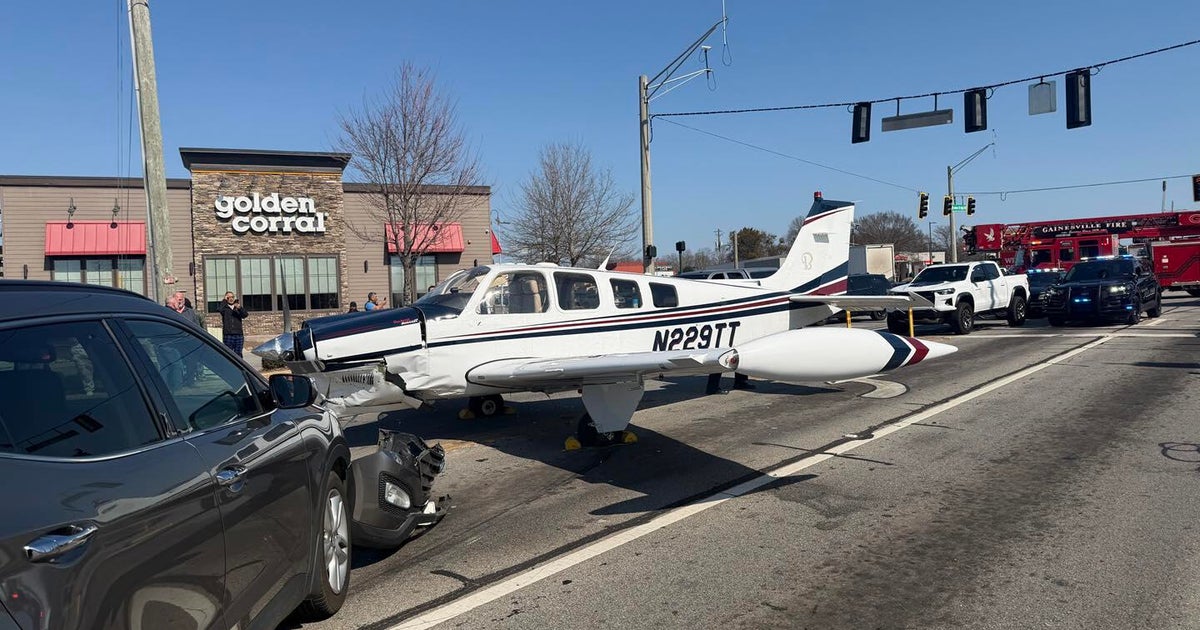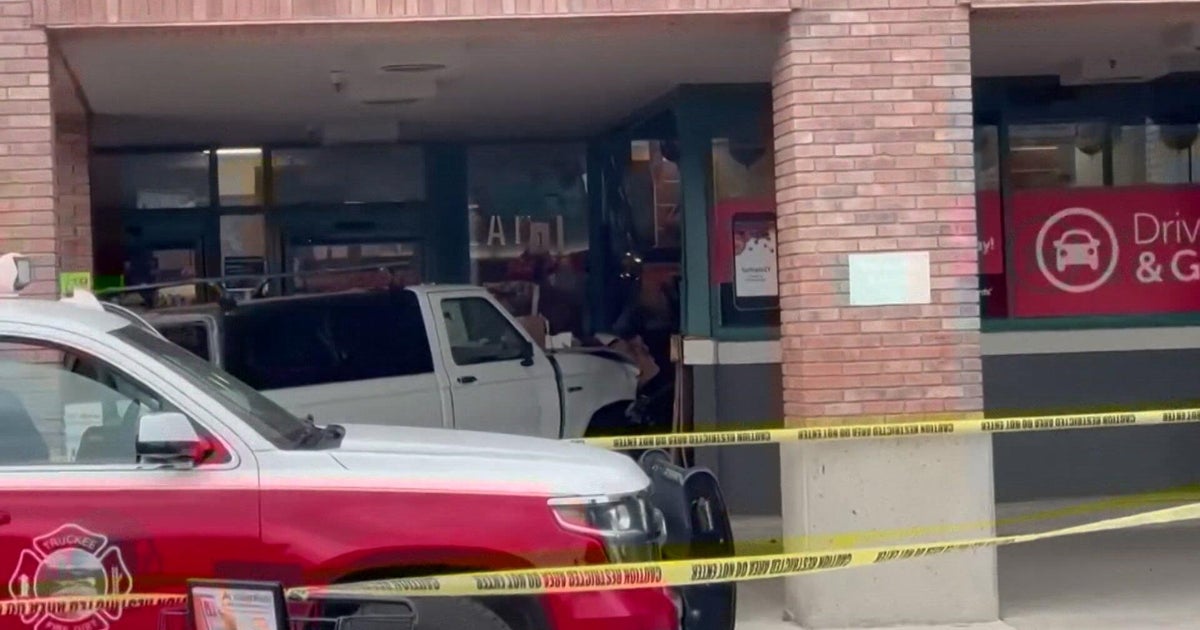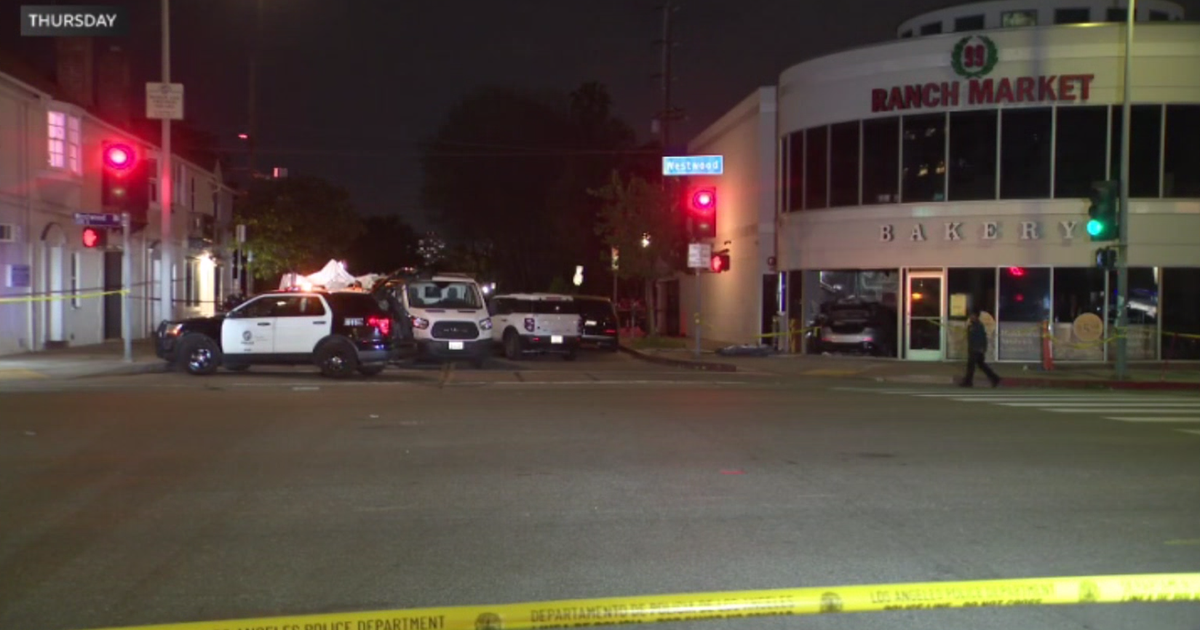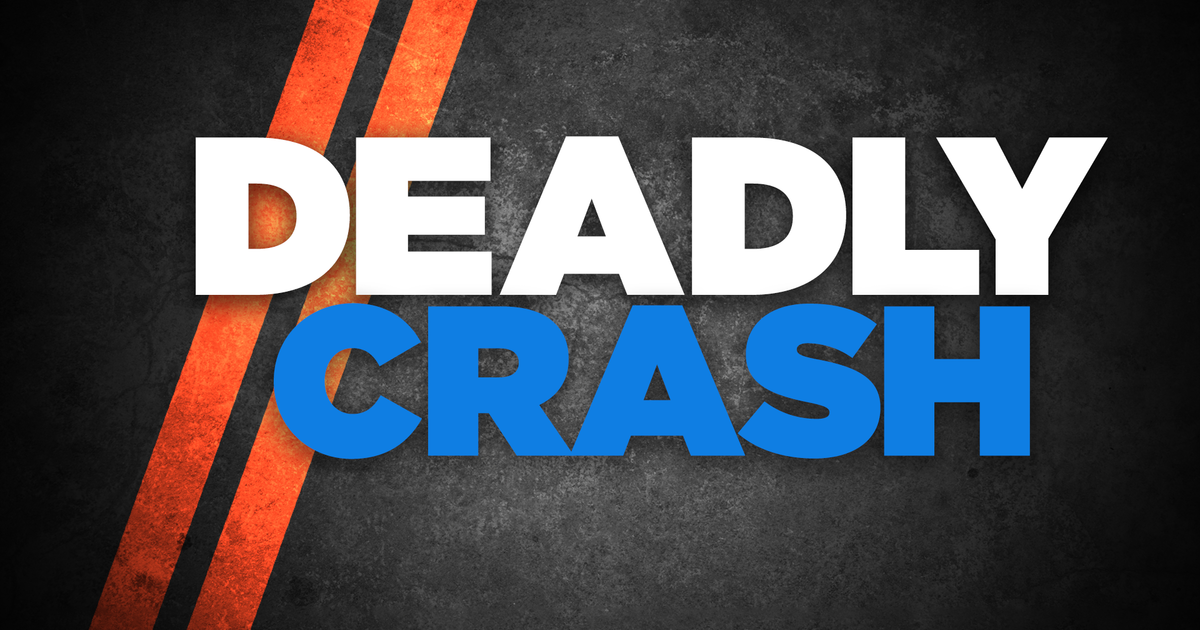New Tests Show Technology Can Prevent Crashes
By Jeff Gilbert, CBS Detroit
ARLINGTON, VA (WWJ) - New tests from the Insurance Institute for Highway Safety show systems that warn drivers of an impending crash can be life savers. But those that actually brake the vehicle for you have the potential to prevent more accidents, and save more lives.
“If you have an option to buy one of these systems, it’s definitely worthwhile, and some of the systems may be more value for the money than others,” says David Zuby, chief research officer for the Insurance Institute for Highway Safety.
LINK: Insurance Institute For Highway Safety Test Results
The institute tested 74 mid-size vehicles. Of those with optional collision prevention systems, only seven earn the highest rating of superior. They include the Cadillac ATS and SRX, the Volvo S-60 and SC-60, the Mercedes C-Class and Subaru’s Legacy and Outback. The Subaru’s scored the highest.
“We have found in our system that the Subaru system performs well, compared to some of the systems that have been in the market for a long time,” said Zuby.
LINK — Information on Active Safety Systems
“The Subaru engineers feel they have enough confidence to apply a high level of breaking, relatively early, before a crash occurs,” he said. “That allows them to avoid more crashes.”
With vehicles doing better protecting occupants in crashes, car companies are moving to more systems to prevent crashes, active safety. The systems include collision warning, lane departure warning and blind spot warning.
Analysts are encouraged by these early results.
“These latest ratings from IIHS highlight how effective this technology can be while also rewarding the manufacturers that provide them,” said Karl Brauer, senior analyst at Kelley Blue Book. “This is really the future of both automotive safety and safety testing. The visibility of IIHS’ ratings will encourage more automakers to provide this level of protection in the coming years.”
The new active safety features add to the cost of a vehicle. But, the Insurance Institute’s David Zuby says this research shows that the systems are paying dividends.
“We have high expectations based on the test results, finding more collisions averted on the test track, that we should see more collisions averted in the real world.”
Connect with Jeff Gilbert
Email: jdgilbert@cbs.com
Facebook: facebook.com/carchronicles
Twitter: @jefferygilbert







